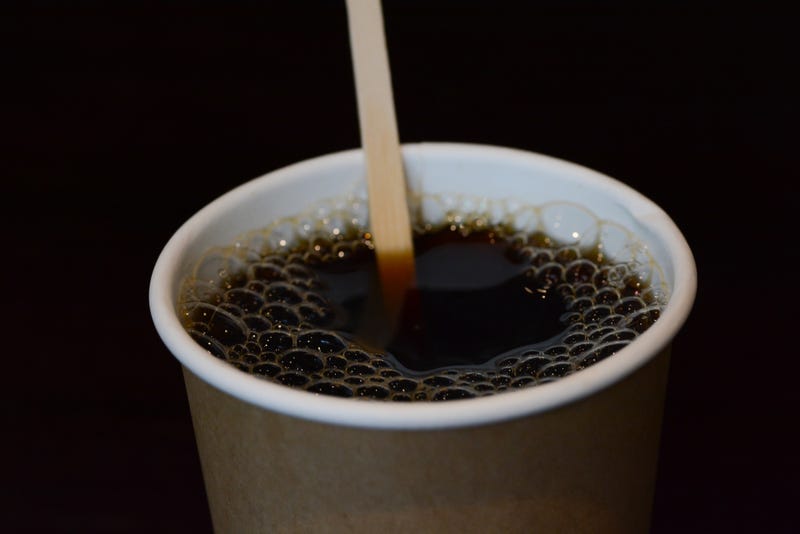
Earlier this month, comments closed on a petition filed by the U.S. Food and Drug Administration proposing that solvent used to make decaffeinated coffee be removed due to research linking it to cancer.
According to a March 25 report from Food Navigator, most of the 50 public comments on the petition from Environmental Defense Fund were in support of the move. It would eliminate the use of four solvents: benzene, ethylene dichloride, methylene chloride, trichloroethylene.
“Petitioners state that these substances have been found to induce cancer in humans or animals and, therefore, are not safe pursuant to section 409(c)(3)(A) of the FD&C Act (also referred to as the “Delaney Clause”),” said the petition filing. “The Delaney Clause provides that no food additive shall be deemed to be safe if it is found to induce cancer when ingested by man or animal, or if it is found after tests which are appropriate for the evaluation of the safety of food additives, to induce cancer in man or animal.”
In particular, methylene chloride is used in the production of most decaf coffee though a process called the European Method, according to the National Coffee Association.
Per a report in STAT, methylene chloride is almost entirely removed during the decaffeination process. However, advocates who submitted the petition claim that the “little-known 66-year-old” Delaney Clause mandates that the FDA ban it since it has been proven to cause cancer in rodents.
“Advocates know what they’re doing,” said the outlet. “In 2018 they successfully used the same argument to force a ban of seven artificial flavors used in foods.”
However, the National Coffee Association claims that the use of methylene chloride to produce decaffeinated coffee is safe and efficient.
“About 10% of American adults (~26 million people) drink decaffeinated coffee every day, the majority of which has been made using the European Method for more than 50 years,” said the group. “Recently, activist groups known for using scare tactics to frighten Americans about the safety of everyday foods have lobbied the U.S. Food and Drug Administration (FDA) and the California state assembly to unjustifiably ban European Method decaf.”
It said that a ban on the chemical would leave just a small selection of decaf coffee on the market and increase prices.
“The overwhelming weight of scientific evidence shows that drinking European Method decaf – like all coffee – is associated with significant health benefits, including longer lives and reduced risk of multiple cancers and chronic diseases,” said the trade group.
James Coughlin, a food toxicology consultant to the coffee industry said “there’s more methylene chloride in the water that you brew your decaf with than came with the decaf roasted beans,” according to STAT. Advocates, on the other hand, argue that previous studies that show decaf coffee consumption is safe are based on outdated serving sizes (smaller than a Starbucks “tall cup”) and that working with methylene chloride puts people working at coffee factories at risk.
A January press release from the Environmental Defense Fund said that independent testing in 2020 and 2022 by the Clean Label Project found methylene chloride in several common coffee brands.
“It should be concerning to everyone that pregnant women and those with health issues looking to cut back on caffeine are unknowingly sipping trace amounts of methylene chloride in their decaf coffee,” said Jaclyn Bowen, executive director of the Clean Label Project. “FDA should prohibit methylene chloride, and companies should use safer available methods of decaffeination.”
As of Friday, the FDA had not made a final decision on the matter.
